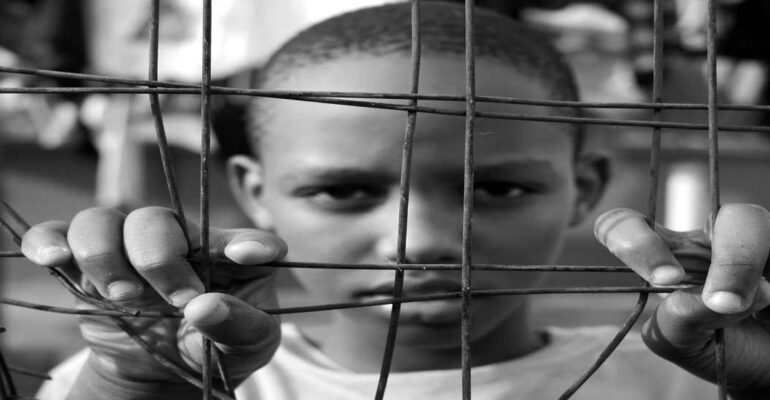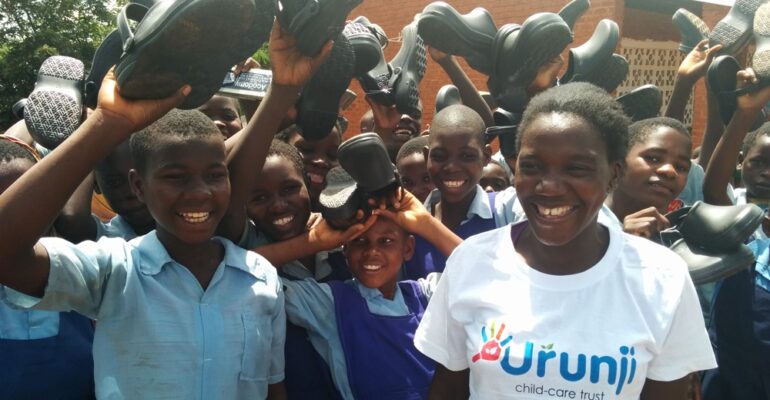
Placing children in orphanages has long been considered a solution for those without parental care. However, extensive research and firsthand accounts reveal that institutional care often causes more harm than good. Instead, alternatives like child sponsorship, foster care, adoption, and kinship care offer more supportive and nurturing environments for children to thrive.
1. Developmental and Psychological Damage
Children raised in orphanages frequently suffer from developmental delays, emotional disorders, and cognitive impairments.
The Bucharest Early Intervention Project found that for every 2.6 months a child spends in institutional care, they fall one month behind in development. These children often exhibit lower IQs and higher rates of psychiatric disorders compared to those in family-based care.
2. Lack of Individualized Attention
High child-to-caregiver ratios in orphanages make it challenging to provide the personalized care essential for healthy development. This lack of attention can lead to attachment disorders and behavioral issues.
The vast majority of children without parental care have living family members, including at least one parent or other relative ~ UNICEF
3. Increased Risk of Abuse and Neglect
Institutional settings can expose children to various forms of abuse and neglect. Reports have documented cases where children in orphanages suffer from physical restraints, isolation, and even torture.
4. Social Isolation and Stigmatization
Children in orphanages often face social isolation, being cut off from their communities and families. Children often are not allowed to visit their relatives. The relatives themselves may only be allowed to visit children once a month or quartely.
This separation can lead to stigmatization and a sense of not belonging, affecting their self-esteem and social development.
5. Exploitation Through “Orphanage Tourism”
Well-meaning volunteers may inadvertently contribute to a cycle of exploitation known as “orphanage tourism.” Short-term visits can disrupt children’s emotional stability and, in some cases, expose them to harm.
Better Alternatives to Orphanages
There are better alternatives to placing a child in an orphanage...

1. Child Sponsorship
Programs that provide financial support to families enable children to remain in their communities and receive education, healthcare, and nutrition. This approach strengthens families and prevents unnecessary separation.
Sponsor a child with Urunji Child-Care Trust. Explore our child sponsorship programme on this link.
2. Foster Care
Placing children in temporary, nurturing family environments allows them to experience stability and care while long-term solutions are sought. Foster care systems, when properly managed, can significantly improve children’s well-being.
3. Adoption
Providing children with permanent families through adoption offers them the opportunity for long-term stability and belonging.
Adoption processes should prioritize the child’s best interests and ensure ethical practices.
You can adopt a child in Malawi by contacting the Department of Social Welfare. Although the process of adopting a child may seem tedious, it is worth the wait and trouble.
4. Kinship Care
When extended family members take on the responsibility of raising a child, it maintains familial bonds and cultural continuity. Kinship care often results in better outcomes for children compared to institutional settings.
What is the definition of kinship?
Kinship care is raising a child by extended family members such as grand parents, uncles, aunties and others. The child benefits from being raised by people s-he already has a connection with and is a better alternative to orphanage care.
Global Consensus Against Orphanages
Leading organizations advocate for the transition from institutional care to family-based solutions:
- UNICEF: emphasizes that children have the right to grow up in a supportive family environment and works to prevent unnecessary family-child separation.
- Hope and Homes for Children: focuses on dismantling orphanages and placing children into family care, highlighting the harms caused by institutionalization.
- Disability Rights International reports that orphanages are not safe for children, advocating for community-based care and support for families.
Conclusion
While orphanages may seem like a refuge for vulnerable children, the evidence overwhelmingly indicates that they are detrimental to children’s development and well-being.
Investing in family-based care alternatives not only upholds children’s rights but also fosters healthier, more resilient communities.
